A draft foreign state immunity law, which is being reviewed by China's top legislature, will serve the nation's high-level opening-up, advance construction of the Belt and Road Initiative, and better safeguard national sovereignty, security and development interests, an official said on Monday.
The draft law was submitted for further review on Monday to an ongoing session of the Standing Committee of the National People's Congress, the country's top legislative body.
"Formulating such a law aims to help China adapt to new situations and new changes in the country's international exchanges, and it's also expected to make comprehensive and systematic provisions for the jurisdiction of our courts in handling civil cases involving foreign states," Zhou Guangquan, an official with the NPC's Constitution and Law Committee, said while explaining the draft to legislators.
Zhou noted that the formulation of the law will be conducive to improving China's legal system related to foreign affairs, serving its high-level opening-up and advancing construction of the Belt and Road Initiative.
He added that the law also aims to implement the central leadership's requirement on taking a coordinated approach to promote the rule of law in China and in matters involving foreign affairs, "and it will contribute to protecting the legitimate rights and interests of Chinese citizens, with benefits for promoting our friendly exchanges with other countries".
Before the review, the draft had been already discussed by lawmakers in December, and it was then published online to solicit suggestions from the public.
Data released last week by the NPC Standing Committee's Legislative Affairs Commission showed that a total of 104 suggestions, along with a letter, were collected from December to January.
"Many of the suggestions focused on further highlighting the legislative purpose and clarifying the definition of commercial activities," Yang Heqing, a spokesman for the commission, said on Friday.
Yang added that, after the draft was publicized, lawmakers also held seminars with experts on external affairs and international law to learn about their ideas on the legislation.
In 2020, Ma Yide, a law professor at the University of Chinese Academy of Sciences, proposed formulating the law following malicious litigation filed in countries such as the United States against China over its COVID-19 prevention and control measures.
Ma was invited by the commission to participate in related research work and seminars to take forward the proposal.
Ma said that he called for formulating the law because, with the deepening of international exchanges and the acceleration of globalization, there has been a growing number of lawsuits against other countries and their governments, "but our country doesn't have a specific law in this sector".
"It means Chinese parties find it difficult to sue other countries in Chinese courts, and there's no law to follow when our courts deal with cases concerning sovereign immunity," he said.
Formulating the law will facilitate equal protection of Chinese and foreign investors' legitimate rights and interests, Ma added.















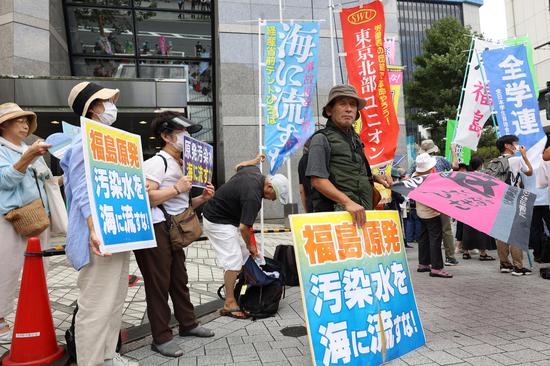

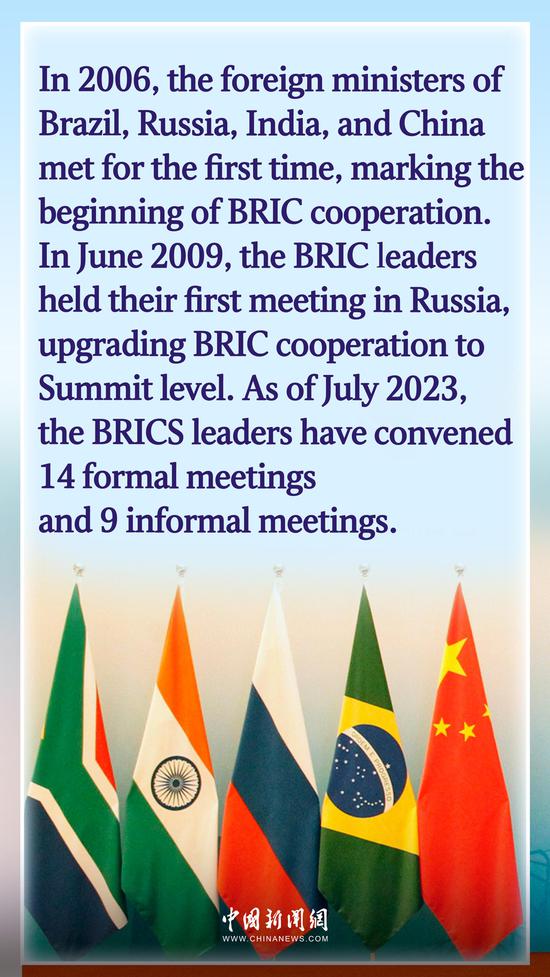



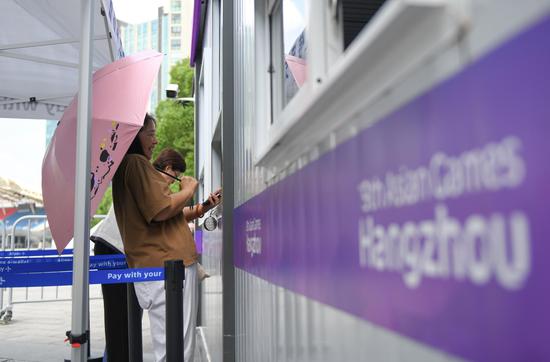



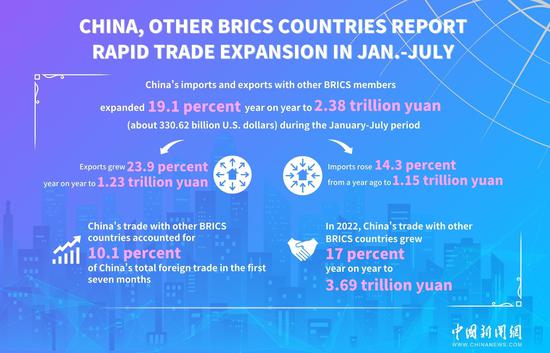



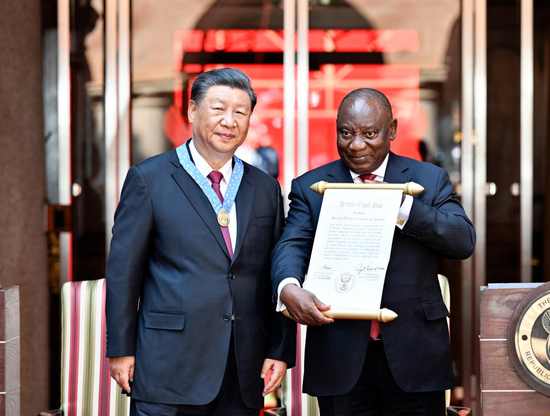





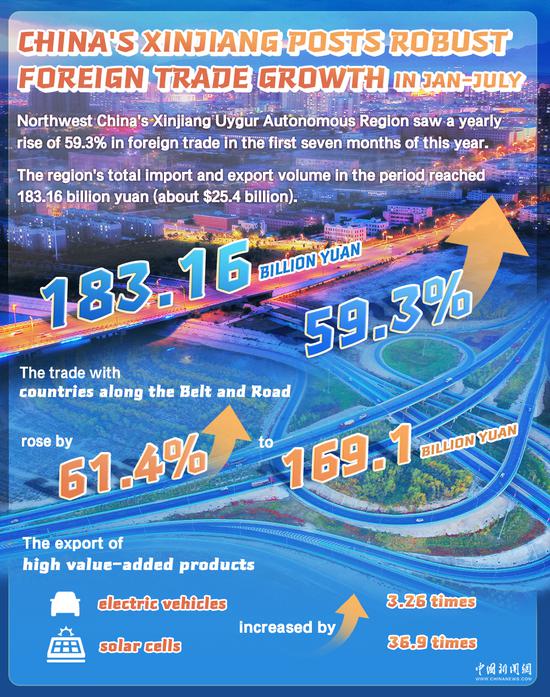
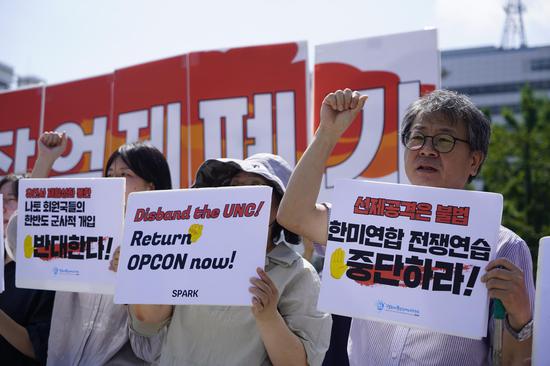

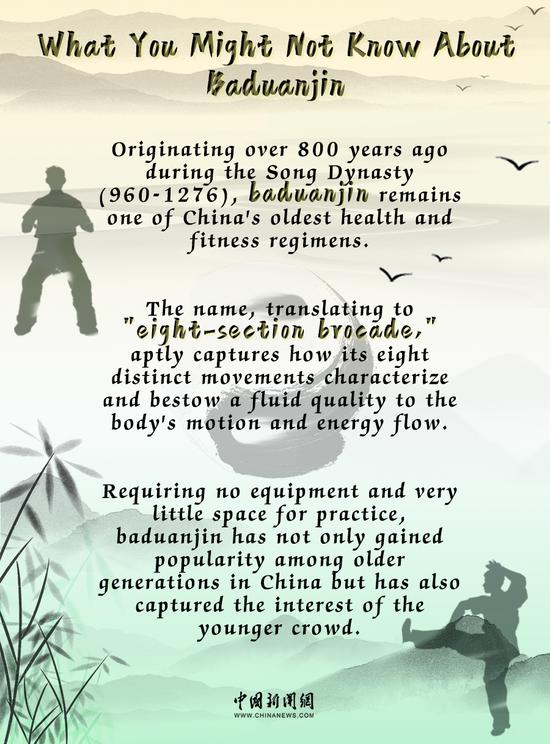











 京公网安备 11010202009201号
京公网安备 11010202009201号